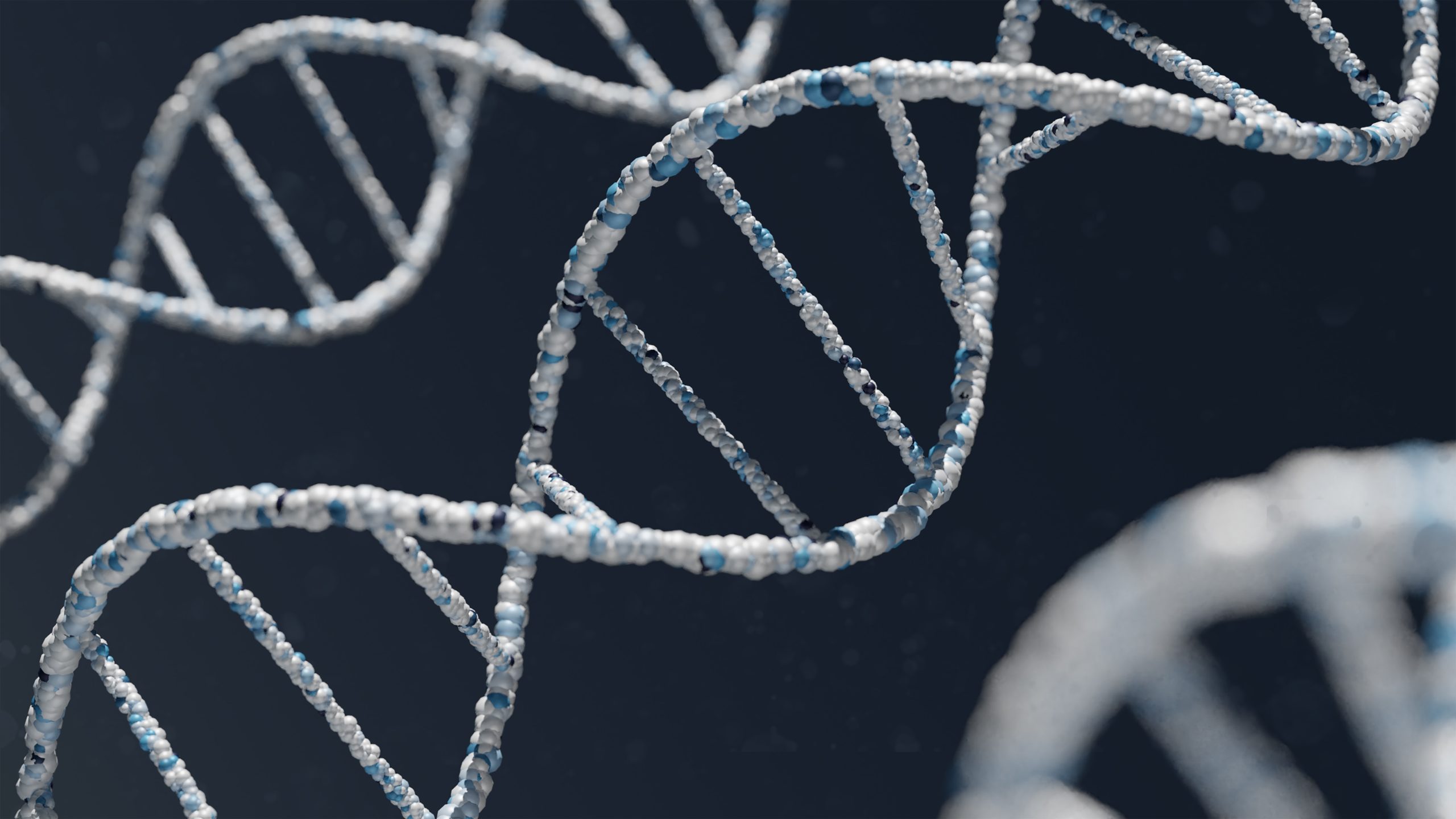
Will Home DNA Test Companies Share My Data with Police?
Home DNA testing has become rather appealing to those who are curious about their family origin and health backgrounds. DNA tests allow people to identify the unique traits that encompass their genetic makeup.
It’s truly remarkable how a tiny sample of saliva can unlock information about your ancestors, ethnic background, heritage, health, and even family members you never knew about. However, where does your DNA go? And, can it be shared with the police?
This was certainly the case with the discovery of the Golden State Killer in California. A family member had their DNA tested and the police were able to connect it to a fingerprint that they had sitting in evidence for over a decade, singling out one family. After performing the basic questioning techniques, the police found their suspect to be 72-year-old Joseph DeAngelo.
It’s worth knowing that the results of your DNA test could be shared with police, potentially causing you to be caught up in a police investigation and disturbing your privacy rights. Here’s some information you should be aware of before you consider a home DNA test.
What Are the Top DNA Testing Companies?
There are many home DNA testing companies that offer different types of services. It’s best to avoid mailing DNA samples to testing companies until you know the facts about what exactly their packages offer and what they do with your information.
Some of the most widely recognized DNA testing companies include:
- 23andME – uncover health predispositions, traits, and ancestry
- AncestryDNA – understanding your genealogy
- FamilyTreeDNA – map family origin through maternal, paternal, and family tests
- tellmeGEN – discover origins and genetic predispositions
- LivingDNA – reveal advanced reports of ancestry and wellbeing
- National Geographic Geo 2.0 – analyze historical patterns
- AfricanAncestry – trace African ancestry
- MyHeritage – unlock history and relatives
The companies above whose privacy agreements state that they may collaborate with third parties or law enforcement include:
- 23andMe
- FamilyTreeDNA
- National Geographic Geo 2.0
- African ancestry
You should also do some research on relevant third parties that these companies partner with or sell information to. It is possible that these third parties do not have a privacy policy in place and can do as they please with your DNA without your knowledge.
Having knowledge of how the information you provide is being used beyond what’s being shared with you can save you from being a target in a police investigation.
Should I Be Concerned About Where My DNA Data Goes?
With most of these companies, your DNA data and background information are stored in a database that can only be accessed by you or the company, unless you authorized the company to share it, or the company’s privacy statement specifies that they can distribute it. It is vital to pay close attention to what you’re signing up for and what type of research you opt into.
Informational data can be used for business purposes such as:
- Making better business decisions
- Delivering better services
- Improving operational efficiency
- Boost revenue
- Understanding consumer population
Your DNA data can be used by law enforcement agencies to identify a possible match to an unidentified profile in their database. This doesn’t necessarily mean that you’re a risk, but it could be used to implicate a relative of yours.
Should I Delete My DNA Data?
If you did a home DNA test and you’re worried that your information could be used against you or someone else, you can possibly protect yourself by deleting your data. However, this needs to be done immediately since your data could be shared with a third party.
Even though the data may be deleted from the database of the company you went through, most likely, it will be challenging to find the third-party organization that it was sent to and request that they dismiss your information.
Successfully deleting your data will depend on the company. Some companies may give you full access to your information, whereas others may give you a harder time. Whichever the case is, you still need to remember that you sent a physical copy of your DNA. You may be able to have it destroyed if you contact the companies service department and revoke their permission to have access to your DNA sample.
It can’t be stressed enough how vital it is for you to fully understand what exactly you’ve agreed to participate in. While these companies offer unique services that can connect you to pieces of your life that you would’ve never discovered before, the implications can be far greater.
Speak to An Orlando Criminal Defense Lawyer About Your Case
DNA that is obtained by law enforcement could potentially cause you to be charged with a crime. However, DNA tracing techniques performed by police agencies are so advanced that it could pick up hundreds of other DNA molecules. An accidental transfer of DNA could be the reason that you were falsely implicated.
If you were accused of committing a crime based on DNA evidence, speak to a criminal defense lawyer in Orlando about your case. At The Umansky Law Firm, we believe that if you are alleged of a crime, especially one you didn’t commit, that you deserve a skilled counsel to help build the best defense strategy to help set you free.
The Umansky Law Firm has more than 100 years of combined experience representing individuals across Central Florida. Our aim is to provide excellent representation and thorough advice on the circumstances surrounding your charges.
Visit our website to participate in our free online case review. If you’re ready to get started on moving forward with your life, schedule a free consultation by calling our office or fill out our online contact form.


